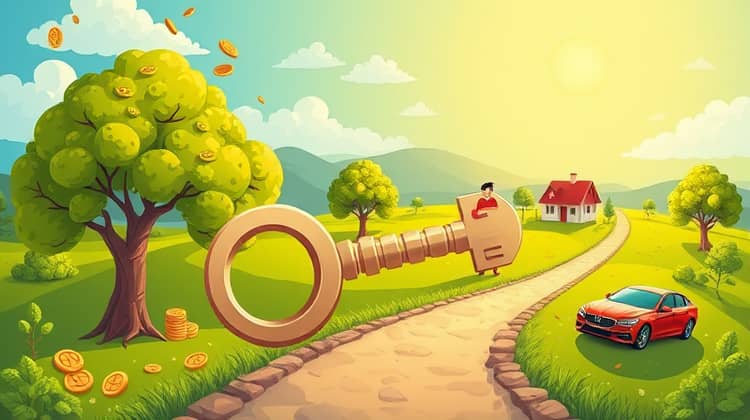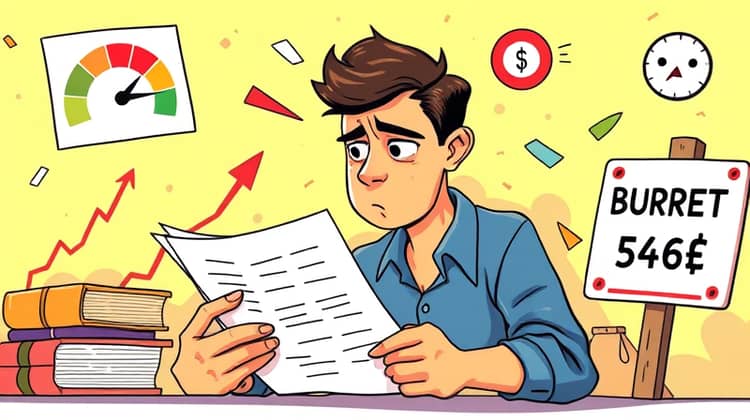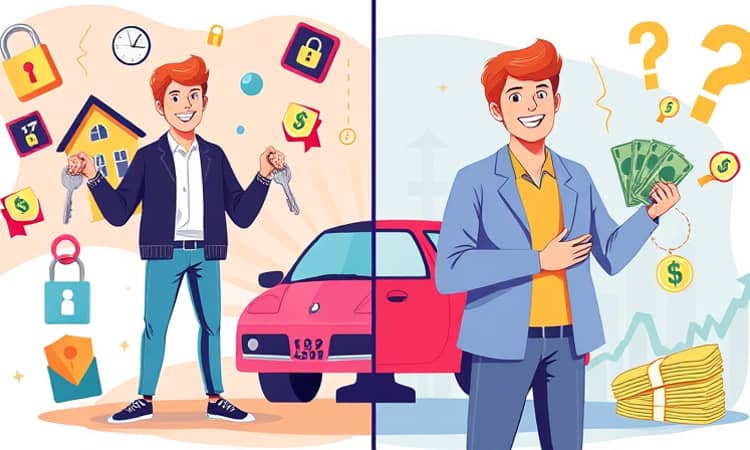Personal loans are versatile financial products that allow borrowers to access funds for various purposes, ranging from major purchases to debt consolidation. However, choosing the right type of personal loan can be overwhelming, especially when deciding between secured and unsecured options. Understanding the fundamental differences between secured and unsecured personal loans is crucial for making informed financial decisions.
Secured personal loans require the borrower to put up an asset as collateral, which can range from a house to a car. This collateral gives lenders assurance that they can recover their money in case the borrower defaults on the loan. On the other hand, unsecured personal loans do not require collateral, making them easier to obtain but often with higher interest rates due to the added risk for the lender.
In this article, we will explore the characteristics, advantages, and disadvantages of both secured and unsecured personal loans. By doing so, we aim to equip you with the knowledge necessary to make the best choice for your financial situation.
Understanding Personal Loans

Personal loans serve as a financial tool that enables individuals to borrow money based on their creditworthiness without requiring them to disclose the purpose of the loan. These loans can be used for various reasons, such as home renovations, medical expenses, or consolidating debt, making them a popular choice among consumers.
The principal amount for personal loans can vary greatly, depending on the lender, and repayment terms usually range from one to seven years. When taking a personal loan, borrowers remain solely responsible for repaying the entire amount, along with any applicable interest and fees.
When considering personal loans, understanding one's own financial situation becomes vital. Borrowers should evaluate their credit score, income stability, and repayment capabilities to determine which type of personal loan—secured or unsecured—would best suit their needs.
What are Secured Personal Loans?

Secured personal loans are loans that require the borrower to pledge an asset (collateral) in exchange for the loan amount. By doing so, borrowers mitigate some risk for lenders, allowing them to offer lower interest rates and higher borrowing limits compared to unsecured loans.
The collateral can be any asset of value, such as real estate, vehicles, or savings accounts. In the event that the borrower defaults, the lender has the right to seize the collateral to recover the outstanding loan balance.
Secured personal loans are especially beneficial for those who may have lower credit scores or are looking for larger loan amounts. However, the risks associated with these loans include the possibility of losing the collateral if repayments are not made on time.
Characteristics of Secured Personal Loans
One prominent characteristic of secured personal loans is the lower interest rates compared to unsecured loans. Since lenders have collateral backing the loan, they face less risk, and this often translates to better terms for borrowers.
Another essential feature is the larger loan amounts that borrowers can access. Because the loan is secured against an asset, lenders are often willing to lend more money than they would with unsecured personal loans, based on the value of the collateral.
However, applicants must demonstrate ownership of the asset being used as collateral during the loan application process. This requirement can act as a hurdle for some individuals who may not have substantial assets or prefer not to risk them.
Advantages of Secured Personal Loans

Secured personal loans carry several advantages, primarily lower interest rates, which can lead to significant savings over the life of the loan. This makes them an attractive option for borrowers who can provide collateral and want to minimize their expenses.
Additionally, secured loans can improve a borrower's credit score if the loan is repaid diligently. Making regular payments on a secured loan can demonstrate financial responsibility to credit bureaus, positively impacting the borrower's credit history.
Lastly, secured loans may offer larger borrowing limits. Lenders are often more comfortable extending high-value loans when they have collateral to back them.
- Lower interest rates
- Larger borrowing amounts
- Potential improvement in credit score
Disadvantages of Secured Personal Loans

While secured personal loans offer favorable terms, they carry a notable disadvantage: the risk of losing collateral. If a borrower defaults on their loan, the lender can seize the pledged asset, which could have significant implications for the borrower's financial stability.
- Risk of losing collateral
- May require extensive paperwork
- Potentially longer approval times
What are Unsecured Personal Loans?

Unsecured personal loans do not require any collateral, making them a more accessible option for borrowers. Instead of assets, these loans are based solely on the borrower's creditworthiness, which includes their credit score, income, and overall financial situation.
Due to the absence of collateral, unsecured loans typically come with higher interest rates to offset the increased risk for lenders. This means that while borrowers benefit from not risking valuable possessions, they may end up paying more in interest over time.
Unsecured loans are often favored for smaller amounts or when borrowers don’t have the necessary collateral. They are straightforward to obtain and can be a quick solution for those needing immediate funds.
Characteristics of Unsecured Personal Loans
Unsecured personal loans are characterized by their ease of access and speed of approval. Many lenders can offer quick funding, sometimes the same day, making them ideal for emergencies or immediate financial needs.
Another defining trait is the absence of collateral requirements; however, this often leads to stricter approval criteria, as lenders depend solely on credit history and income to assess risk.
Advantages of Unsecured Personal Loans

Unsecured personal loans provide flexibility since no collateral is required, allowing borrowers to avoid putting their valuable assets at risk.
They are often faster to process than secured loans, providing a quicker route to necessary funds.
- No collateral required
- Quick approval process
- Diverse usage options
Disadvantages of Unsecured Personal Loans

On the downside, unsecured personal loans typically come with higher interest rates than their secured counterparts, increasing the overall cost of borrowing. Borrowers with lower credit scores may find it challenging to qualify for such loans, or may be offered less favorable terms.
Additionally, unsecured loans may have lower borrowing limits, restricting the amount one can borrow.
- Higher interest rates
- Challenging to qualify with low credit
- Lower borrowing limits
Secured vs. Unsecured Personal Loans: Key Differences

Understanding the key differences between secured and unsecured personal loans is essential when making a borrowing decision. Secured loans require collateral, resulting in lower interest rates and potentially larger loan amounts, while unsecured loans do not require collateral and are generally quicker to obtain.
- Secured loans have lower interest rates
- Unsecured loans involve no risk to assets
- Secured loans may offer larger amounts
Which is Right for You?

Deciding between secured and unsecured personal loans largely depends on your individual financial situation and needs. If you have valuable assets and are looking for lower interest rates or higher amounts, a secured loan might be the best fit. However, you must be cautious about the risk associated with losing your collateral.
Conversely, if you prefer flexibility and speed, and do not want to risk assets, an unsecured loan may be more suitable despite its typically higher costs. It is also essential to consider your credit score and income level since these will affect your eligibility for either type of loan.
Ultimately, understanding your financial habits, loan purposes, and risk tolerance is vital in determining which personal loan option aligns most closely with your goals.
Conclusion

In summary, both secured and unsecured personal loans offer unique advantages and disadvantages that can significantly impact your financial journey. Secured personal loans are often more accessible and come with favorable terms, but they entail the risk of losing valuable assets. On the other hand, unsecured loans provide ease and flexibility but may come at a higher cost.
Before committing to a loan, it is critical to evaluate your financial situation, borrowing needs, and the potential risks involved. Seeking professional financial advice may also be beneficial to ensure that you're making the best decision for your circumstances.
As you navigate the world of personal loans, remember that your choice can shape your financial future, so take the time to thoroughly assess your options and choose wisely.














